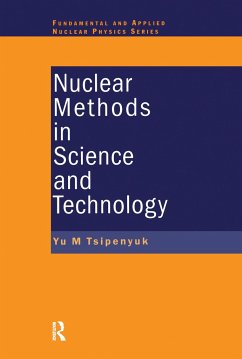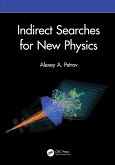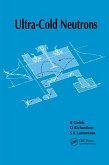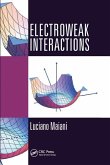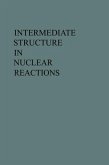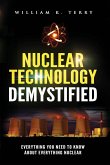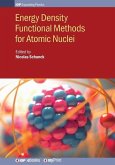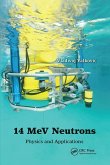The application of nuclear physics methods is now widespread throughout physics, chemistry, metallurgy, biology, clinical medicine, geology, and archaeology. Accelerators, reactors, and various instruments that have developed together with nuclear physics have often been found to offer the basis for increasingly productive and more sensitive analytical techniques. Nuclear Methods in Science and Technology provides scientists and engineers with a clear understanding of the basic principles of nuclear methods and their potential for applications in a wide range of disciplines. The first part of the book covers the major points of basic theory and experimental methods of nuclear physics, emphasizing concepts and simple models that give a feel for the behavior of real systems. Using many examples, the second part illustrates the extraordinary possibilities offered by nuclear methods. It covers the Mossbauer effect, slow neutron physics, activation analysis, radiography, nuclear geochronology, channeling effects, nuclear microprobe, and numerous other topics in modern applied nuclear physics. The book explores applications such as tomography, the use of short-lived isotopes in clinical diagnoses, and nuclear physics in ecology and agriculture. Where alternative nonnuclear analytical techniques are available, the author compares the relevant nuclear method, enabling readers to judge which technique may be most useful for them. Complete with a bibliography and extensive reference list for readers who want to delve deeper into a particular topic, this book applies various methods of nuclear physics to a wide range of disciplines.
Hinweis: Dieser Artikel kann nur an eine deutsche Lieferadresse ausgeliefert werden.
Hinweis: Dieser Artikel kann nur an eine deutsche Lieferadresse ausgeliefert werden.

